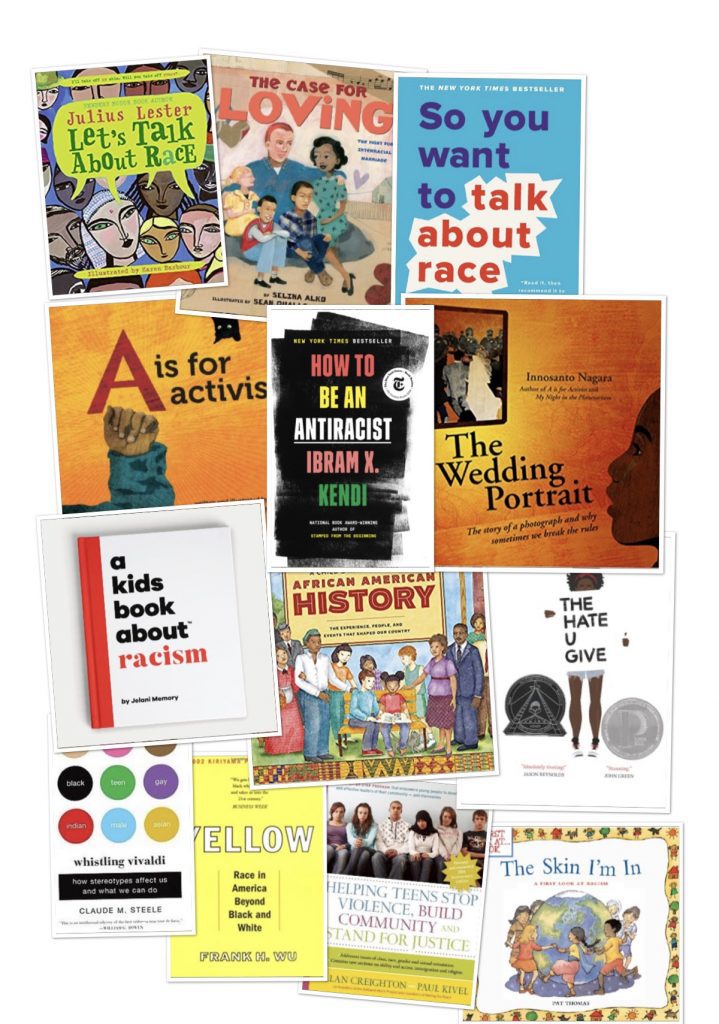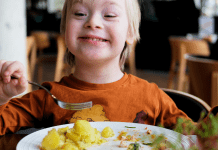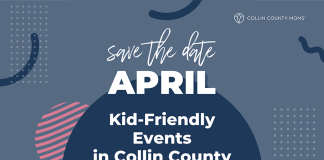Talking to Your Kids about Racism
These words carry such a weight. They can’t be ignored. The outcomes of allowing racial injustice to build unresolved is being played out currently on the front pages of our newspapers and on our television screens. POC (People of Color) are being oppressed daily. You would think we were still living in the 1940s, in the era of the Civil Rights Movement. But no, this is 2020…in America, the land of the free, where people are still not free.
The topic of race will undoubtedly be brought up in our children’s conversations with their peers, on social media, or their own natural curiosity as they interact with others. How they receive and internalize this topic is heavily dependent on us as their parents. It is our job to make sure they are navigating this terrain in a way that supports oppressed communities of color. We are their compass; not just for morality issues, but for injustice issues as well.
Where To Start
Many times there is a reluctance to start the conversation around race, racism, and activism because we feel the topic is too painful and too heavy for our kids to understand. But guess what? Our children’s capacity to handle painful and heavy topics can be broadened by our helping them navigate this terrain with intention, thoughtfulness, empathy, and in an age-appropriate manner.
Silence can be deafening and detrimental. When we SAY and DO nothing when our friends, family members, and community members of color are being treated unfairly, we send a clear and LOUD message to our children that they TOO should do nothing. And we subconsciously give them permission to seek understanding of these issues elsewhere. They then become at risk to taking on a belief system about people of color that is inaccurate and grossly misleading.
Educate yourself. That old saying about how reading is fundamental still applies in 2020. Sometimes the biggest obstacle comes from a LACK of knowledge. I’ve created a list of books that offer a jumping off point to begin to start the conversation of race, racism, and activism with your children AND books for parents, too.
Preschool to 3rd Grade
A Is For Activist by Innosanto Nagara
The Case for Loving: The Fight For Interracial Marriage by Selina Alko
Ages 4 to 7
The Skin I’m In: A First Look At Racism by Pat Thomas
Let’s Talk About Race by Julius Lester
Ages 8- 13
The Wedding Portrait: The Story Of A Photograph and Why We Sometimes Break The Rule by Innosanto Nagara
A Kids Book About Racism by Jelani Memory
A Child’s Introduction To African American History by Jabari Asim
Ages 14 and up
The Hate You Give by Angie Thomas
Helping Teens Stop Violence, Build Community, And Stand For Justice by Allan Creighton and Paul Kivel
Parents
So You Want To Talk About Race by Ijeoma Oluo
How To Be An Anti- Racist by Ibram X. Kendi
Yellow: Race In America Beyond Black and White by Frank Hu
Whistling Vivaldi: How Stereotypes Affect Us And What We Can Do by Claudia Steele
Other Ways To Support The POC Community
These books should be available on Amazon, your local bookstore, or your local libraries. If you are unable to find these books at any of those locations, request that the books be ordered and put into regular rotation.
Make a phone call or send an email to the principal of your child’s school and the PTA President and request that a Diversity and Inclusion Committee be established. Offer your time to help start the committee and recruit other parents to assist you. National PTA and Texas PTA have programs designed to help support local PTA’s in starting diversity and inclusion programs.
Put your time on social media to good use. There are many racial justice activists using their platforms on social media to help educate on how to support oppressed POC (People of Color). Two Instagram accounts to follow: @ckyourprivilege and @blackcoffeewithwhitefriends.
Check on your POC friends and family members. They are not ok. Reach out and ask how you can show your support. Be quick to listen and slow to defend. Systemic racism wasn’t built in a day, so the dismantling of it is going to take time and ALL hands on deck.
The true question isn’t IF we should start a conversation with our children about race, racism, and activism, but WHEN…and that time is NOW.














I did some research on the two books you recommend for ages 4-7 (my oldest is 6) and they sound really misguided. I won’t be buying them. Please either find new choices or remove.
Thanks for the work you’re doing otherwise. Peace